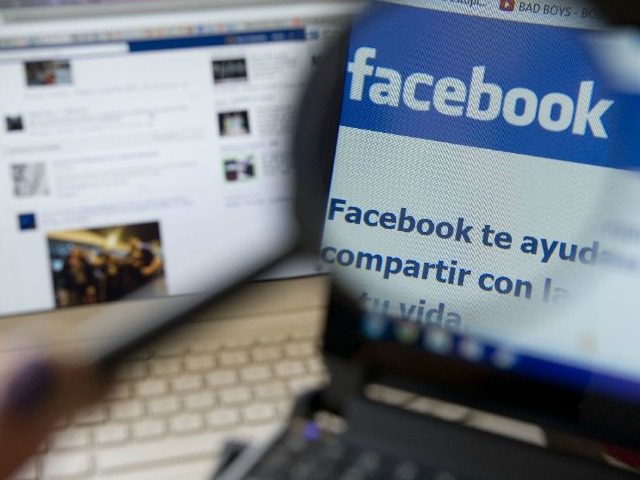Internet and social media giants must delete and censor terrorist material within two hours or face punishment, the prime minister will demand Wednesday.
Speaking alongside President Emmanuel Macron of France and Paolo Gentiloni, the Italian prime minister, at the UN summit in New York, Theresa May will instruct companies to go “further and faster” to block terrorist material or be fined.
Companies including Microsoft, Facebook, Google, and Twitter will attend the meeting. Mrs. May wants terror-related material to be blocked from appearing on all of their platforms at all.
Germany promised this year to fine social media firms that fail to delete extreme content, and online critics of mass migration have already been targeted by police there.
Critics of Mrs. May claim the policy could be misused to target and silence right-wingers and people with fringe opinions who have nothing to do with terror.
A Number 10 source told The Times: “These companies have some of the best brains in the world. They should really be focusing that on what matters, which is stopping the spread of terrorism and violence. We want them to break the echo chambers.”
The tech firms are unlikely to disagree with Mrs. May, as many are already striving to delete as much perceived extremist material as possible.
Twitter alone has suspended nearly 300,000 accounts so far this year, with the company revealing 95 per cent of them were detected automatically by artificial intelligence.
Mrs. May will say: “Terrorist groups are aware that links to their propaganda are being removed more quickly, and are placing a greater emphasis on disseminating content at speed in order to stay ahead.
“Industry needs to go further and faster in automating the detection and removal of terrorist content online, and developing technological solutions which prevent it being uploaded in the first place.”
Encrypted messaging services, such as WhatsApp, Telegram, and Apple iMessage, have been more resistant to government demands, insisting they must protect the privacy of their users first.
Mrs. May first hinted at her hardening stance on the issue shortly after the Parsons Green Islamic State-claimed bombing last week when she told U.S. broadcaster ABC News:
“One of the issues that we really need to be addressing, and I’ll be raising this when I’m at the United Nations, is the question of the use of the internet by terrorists for terrorist planning.
“But also this using it for the spread of extremism, of hatred, of propaganda that can incite and can inspire terrorism.”
Asked if companies like Facebook and Google needed to act, she replied: “We’re talking to them about doing more. And indeed companies have come together.
“They formed a global forum to look at what they can do to be dealing with this more quickly and in a better way than they do at the moment. So we’re working with the companies.”

COMMENTS
Please let us know if you're having issues with commenting.